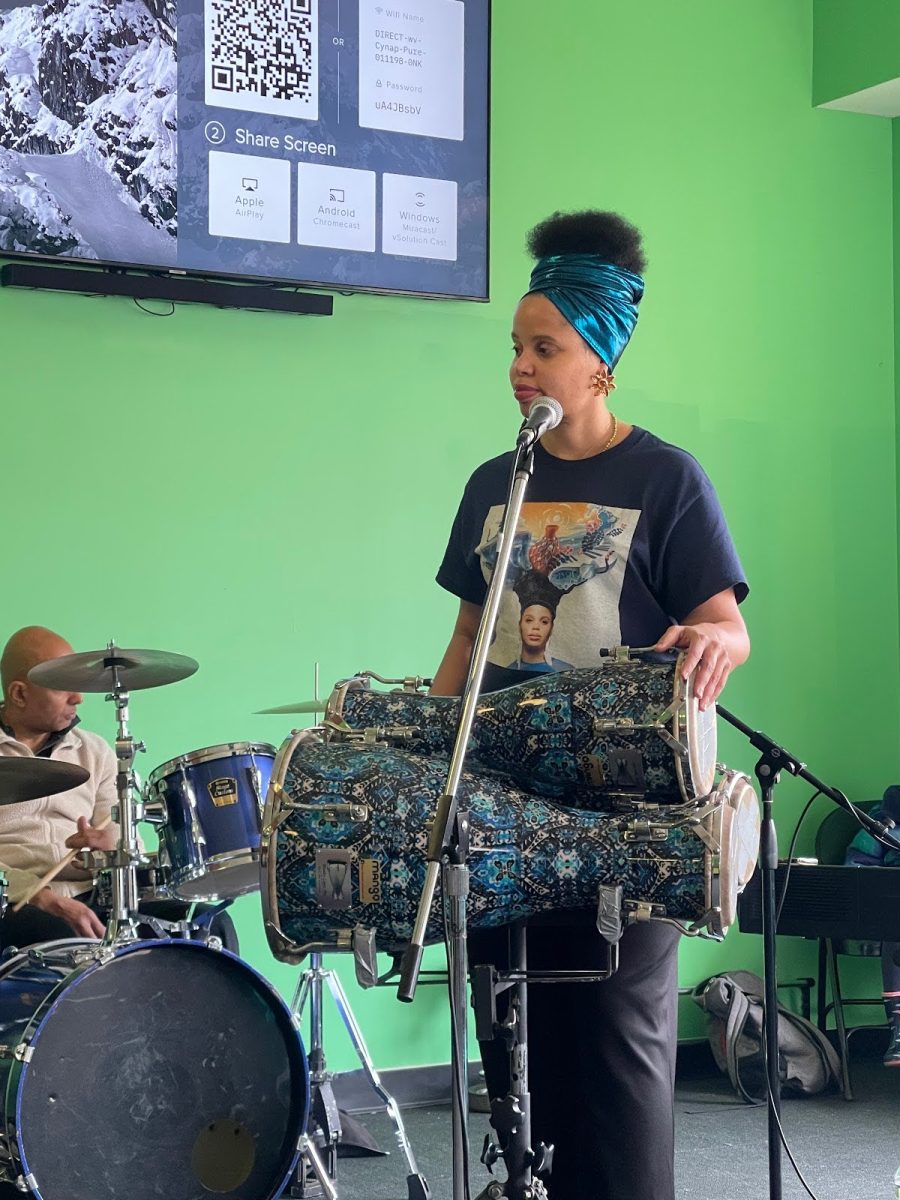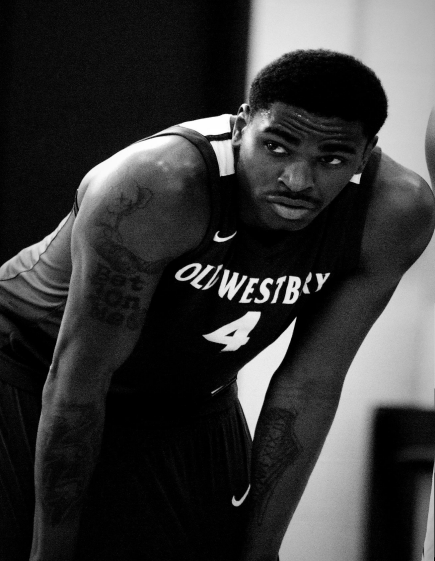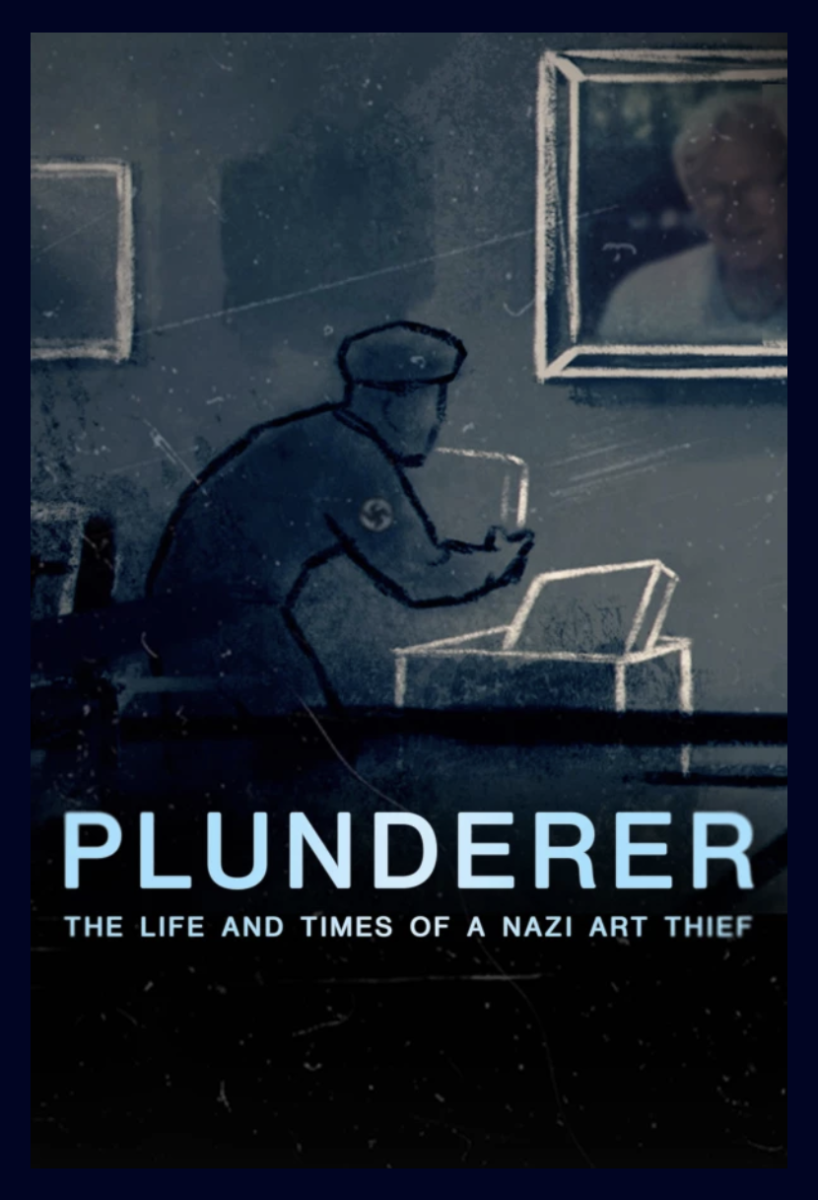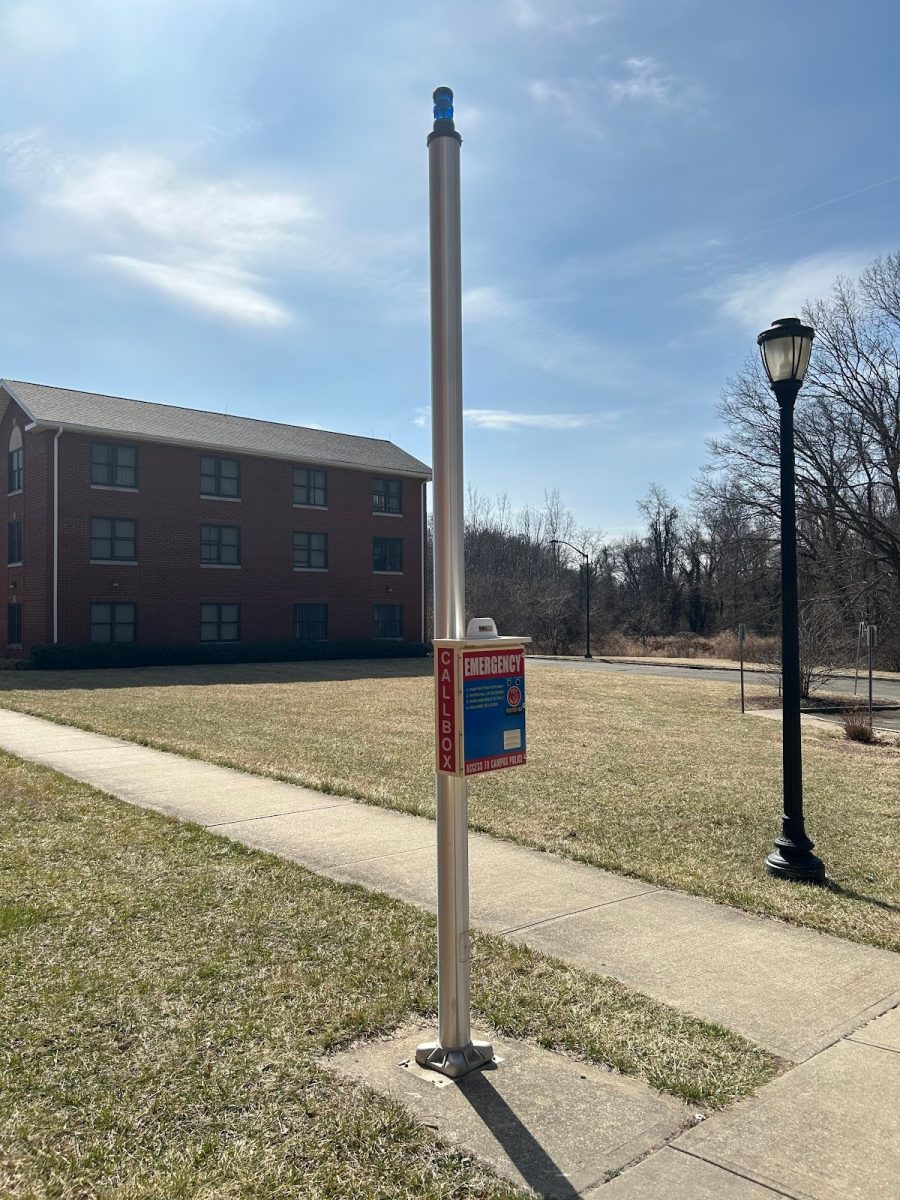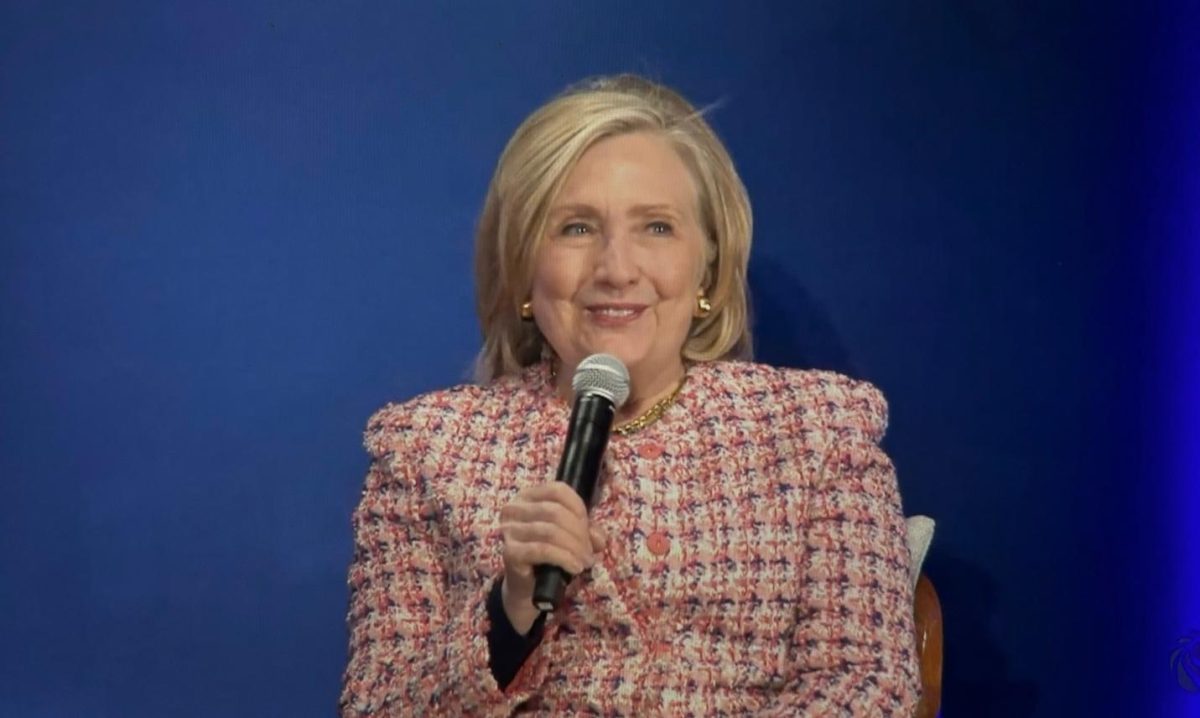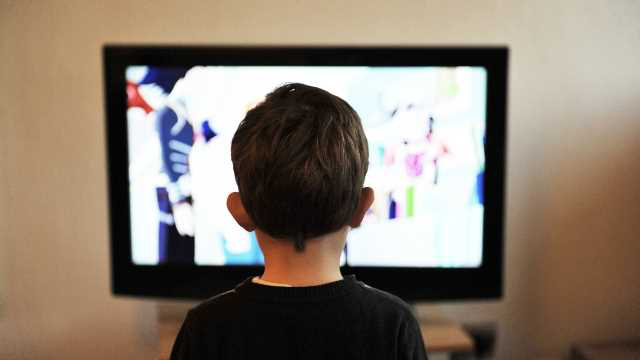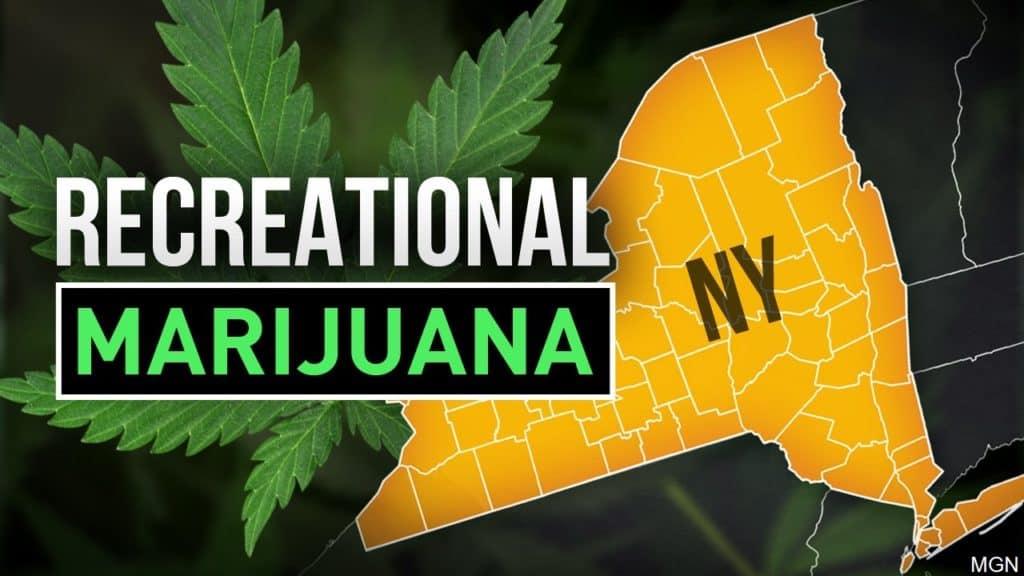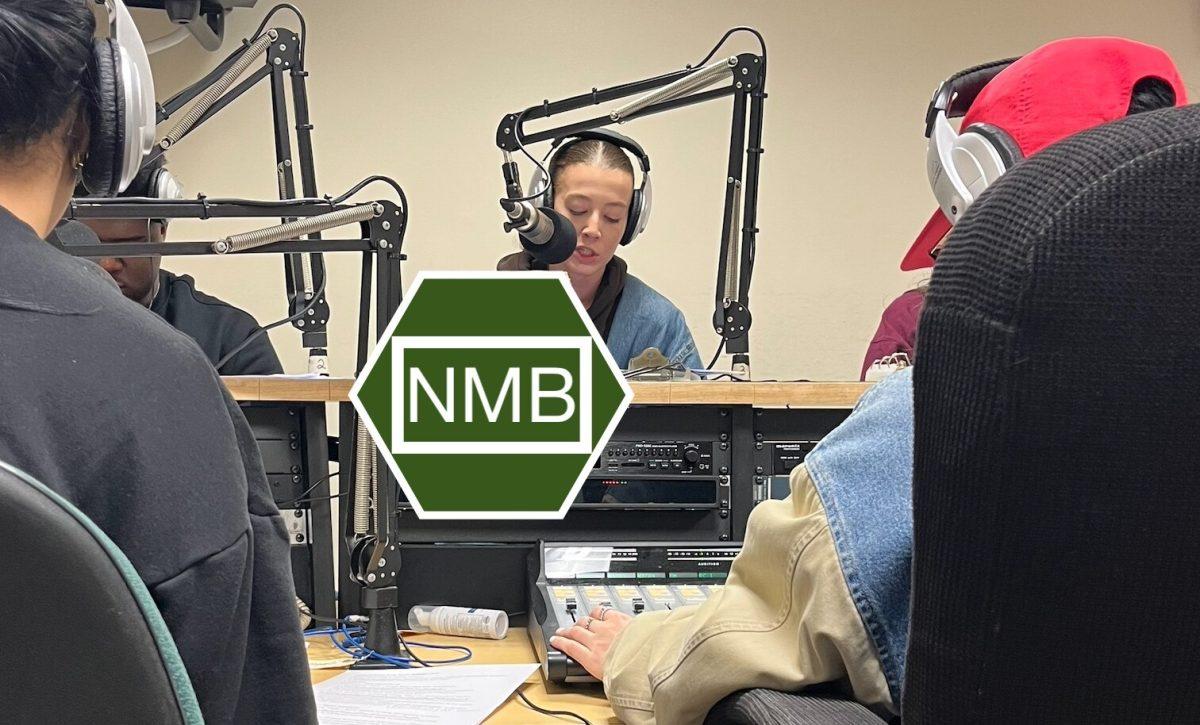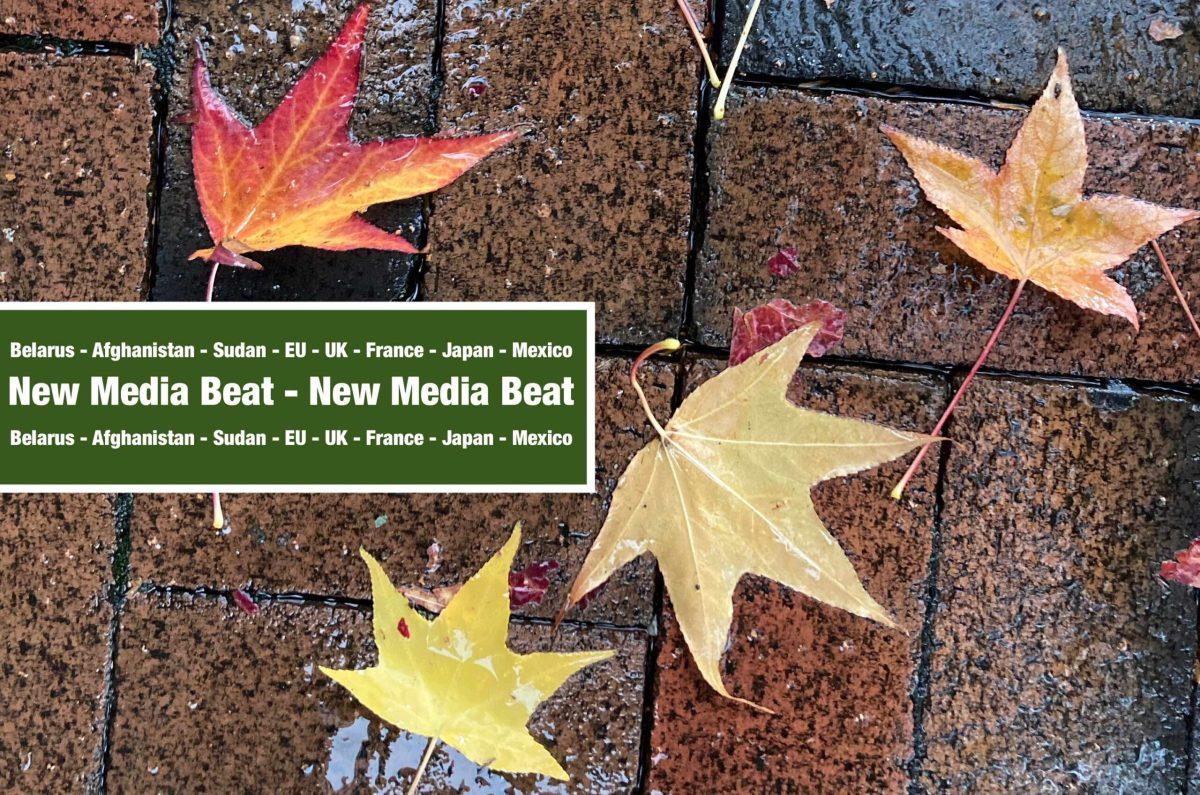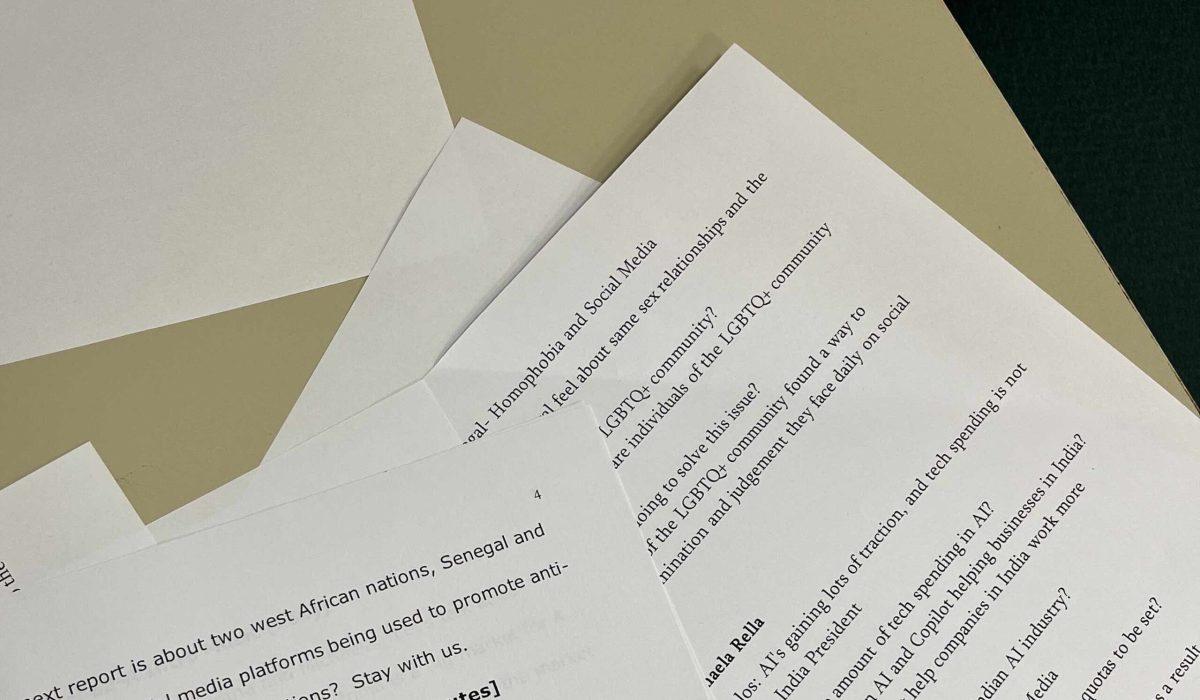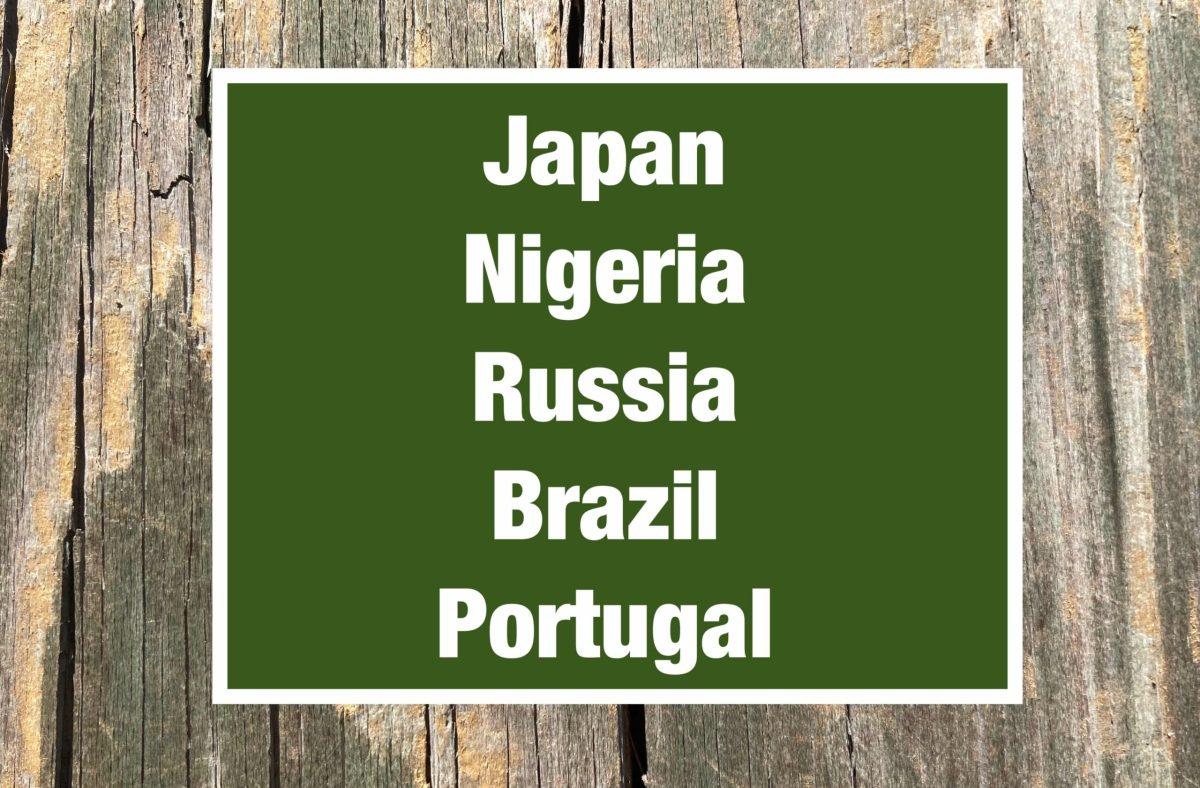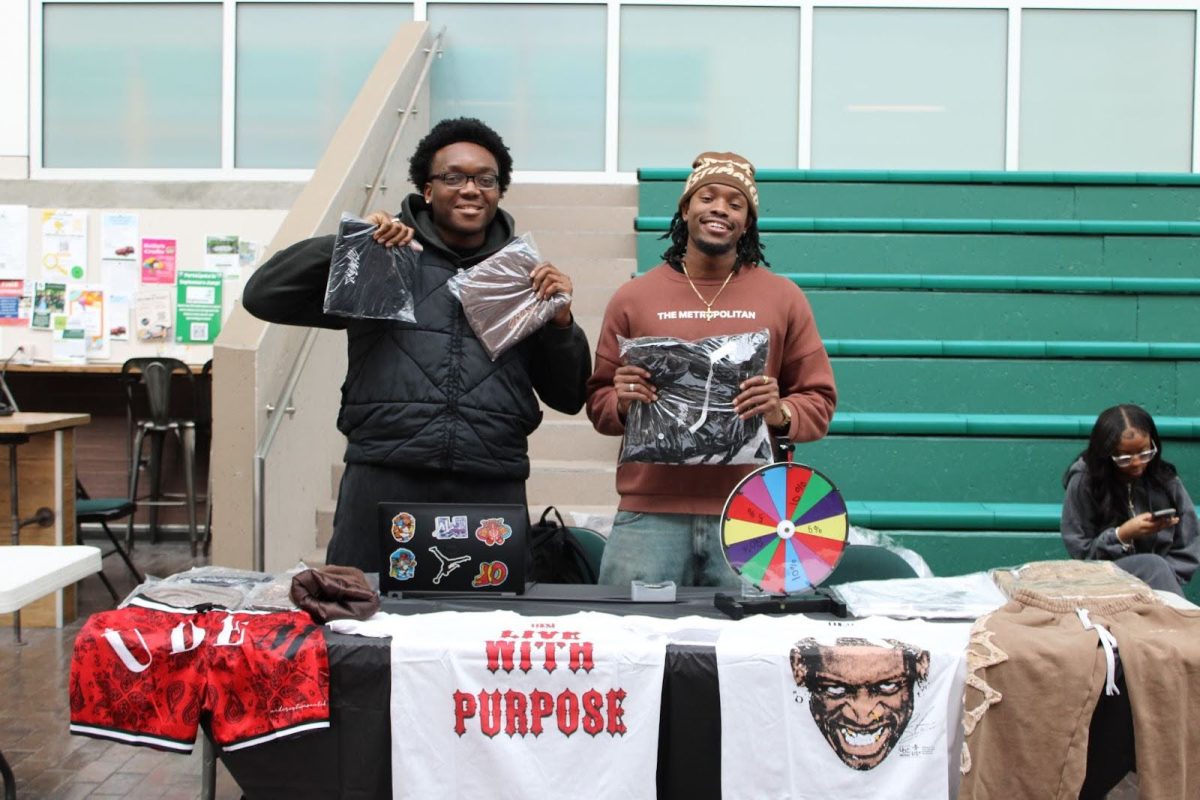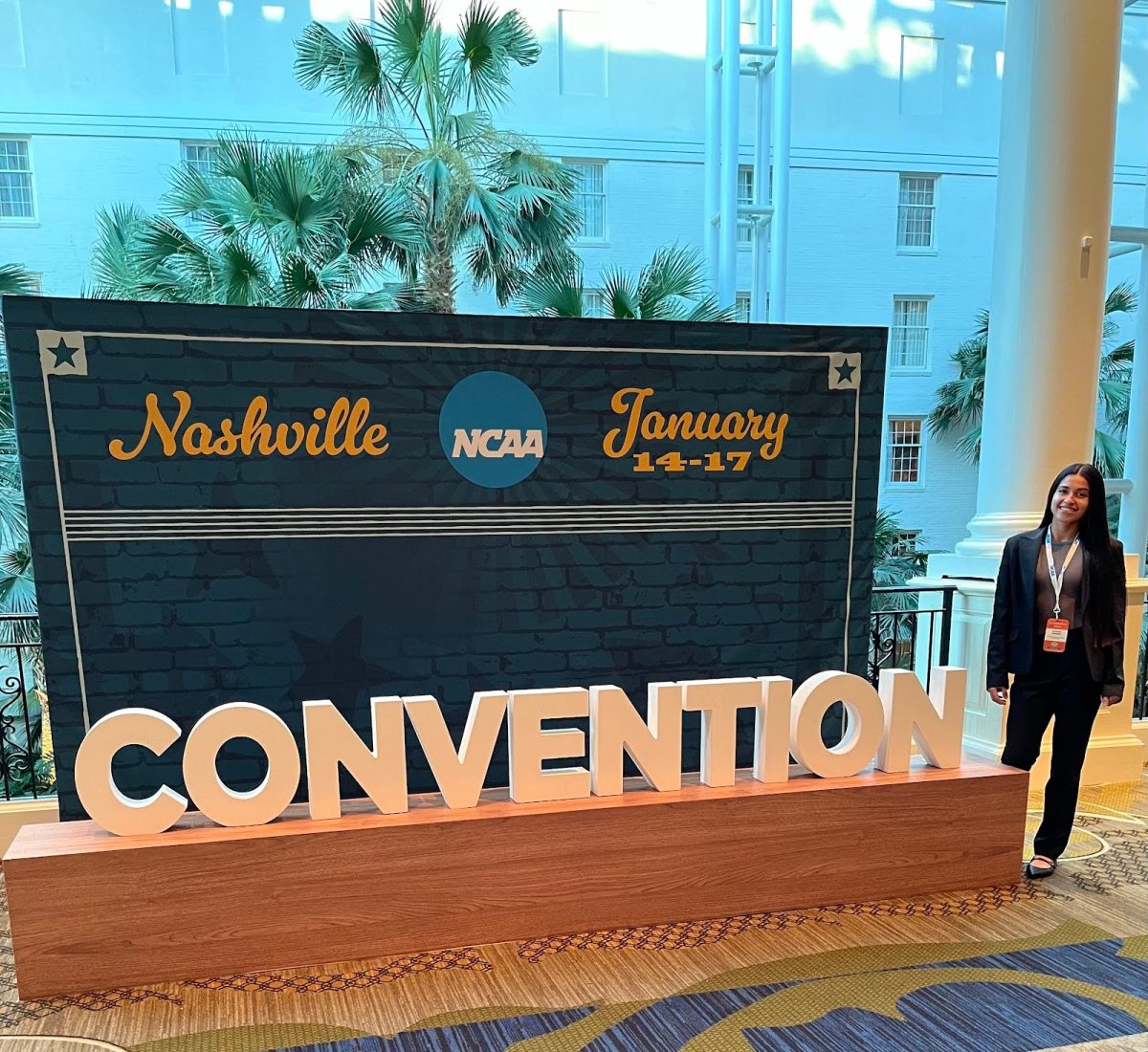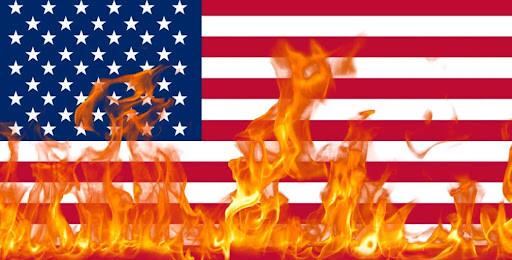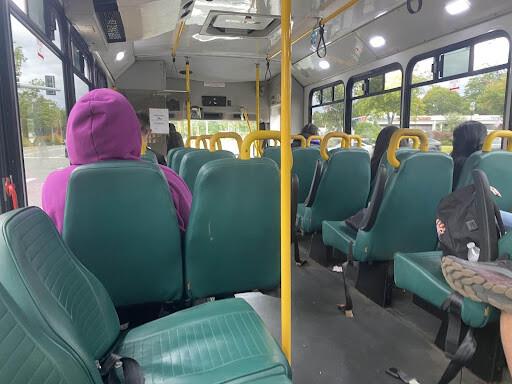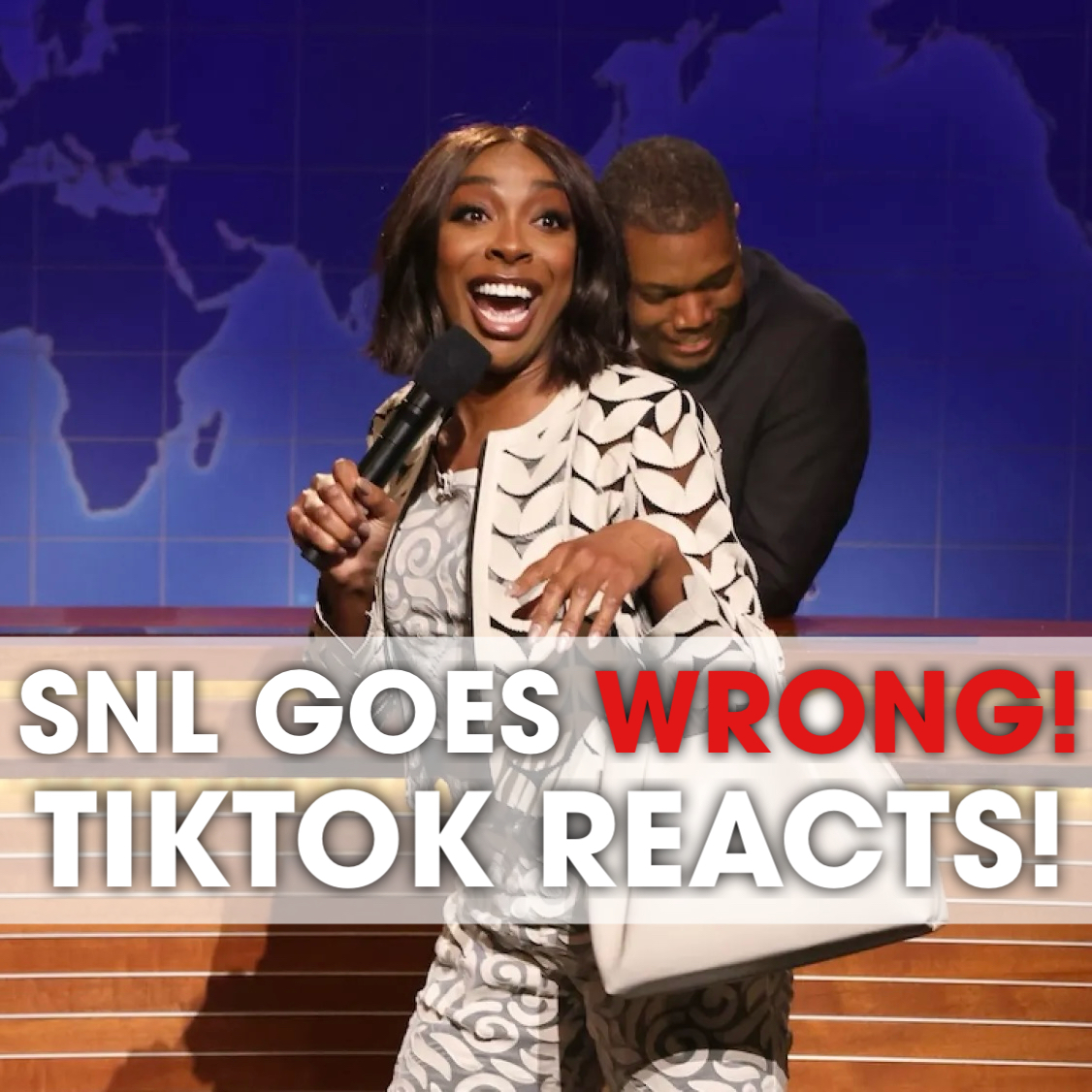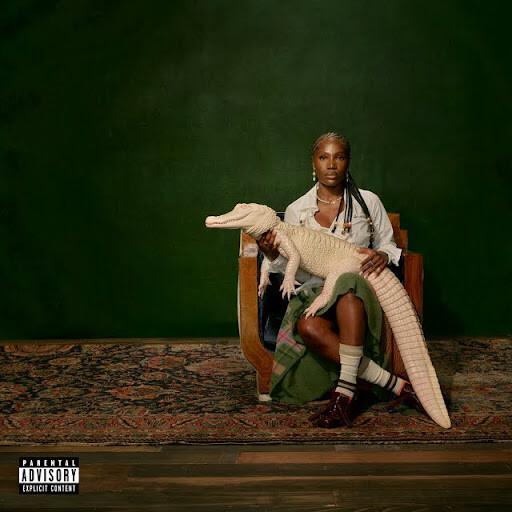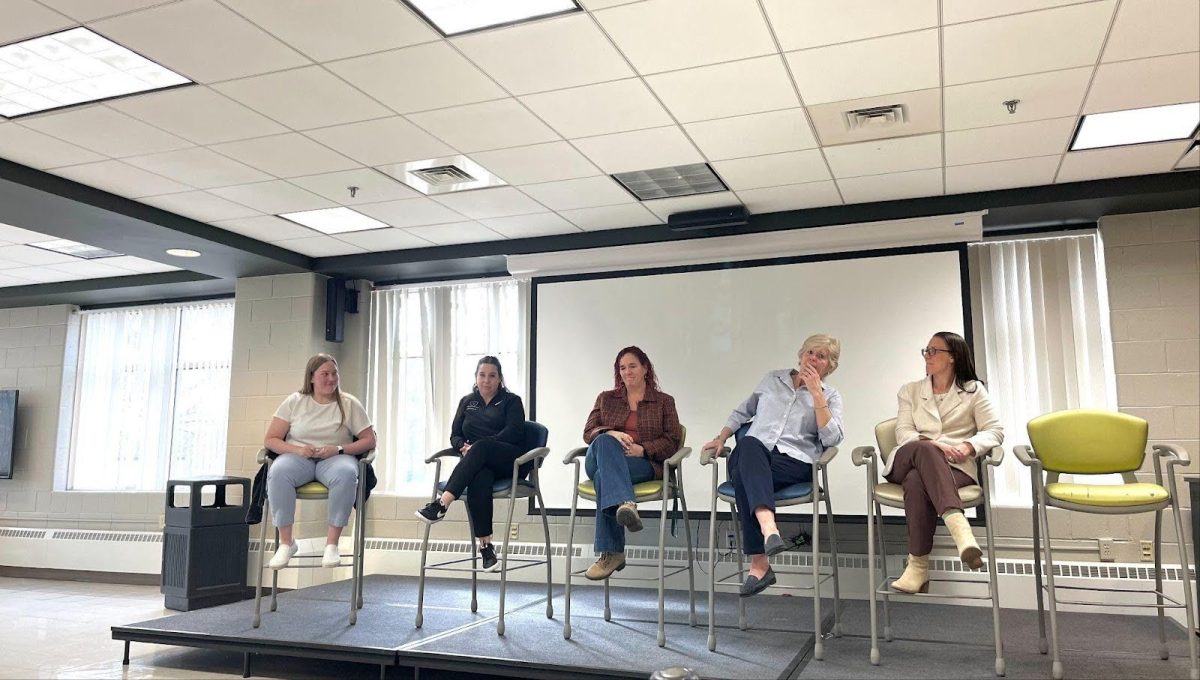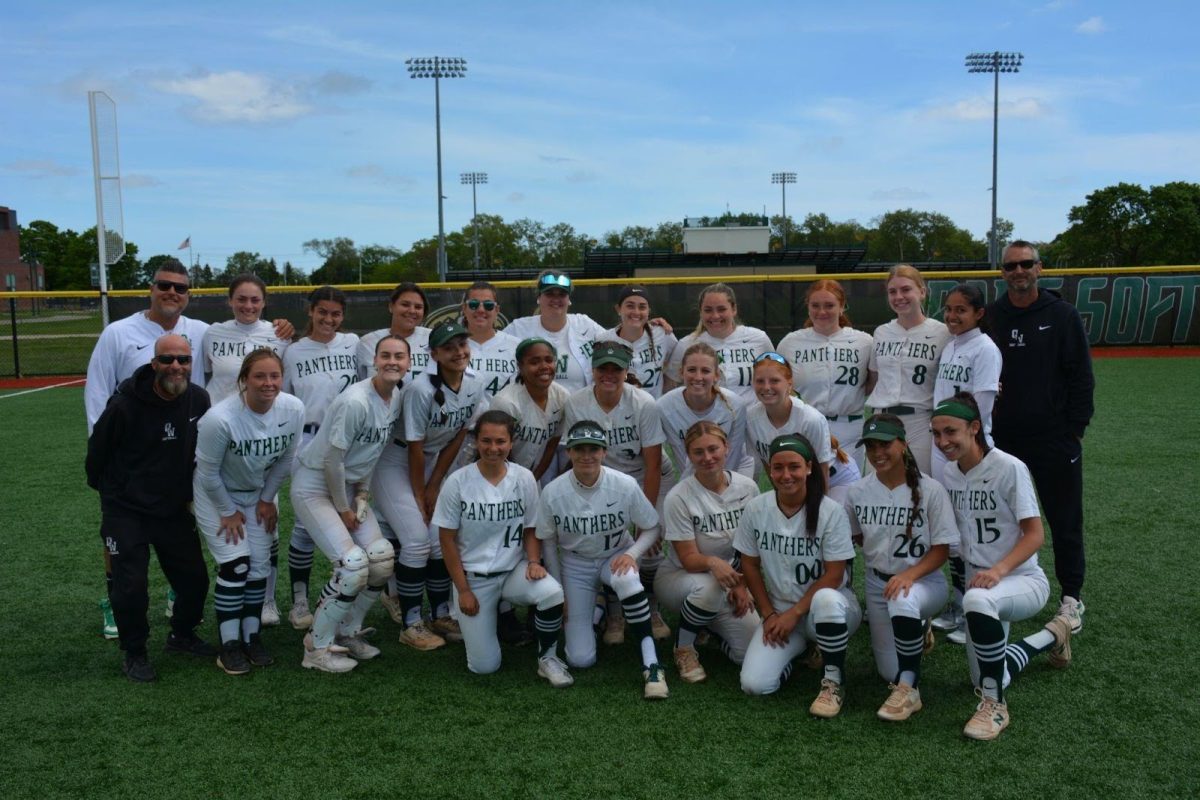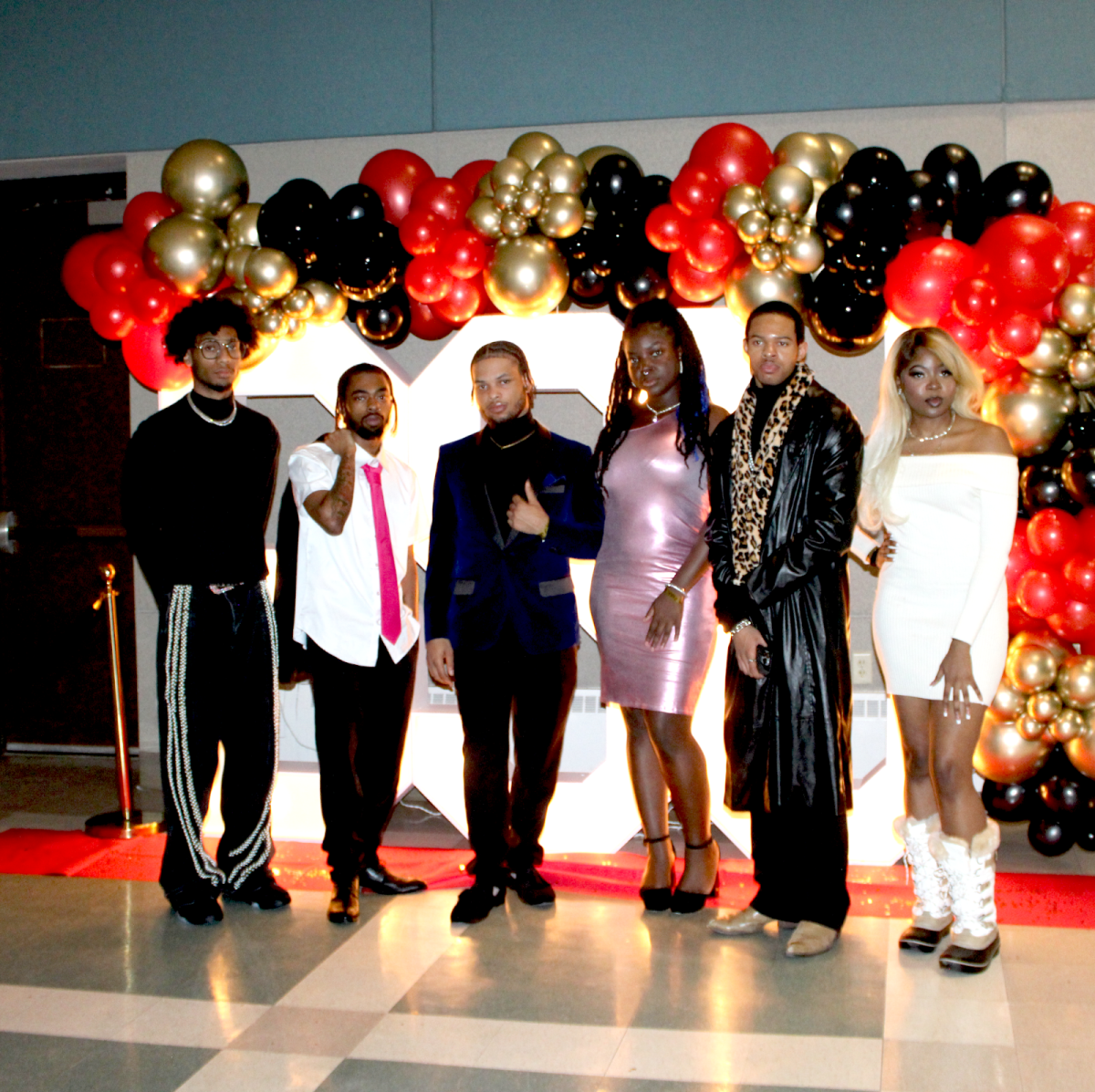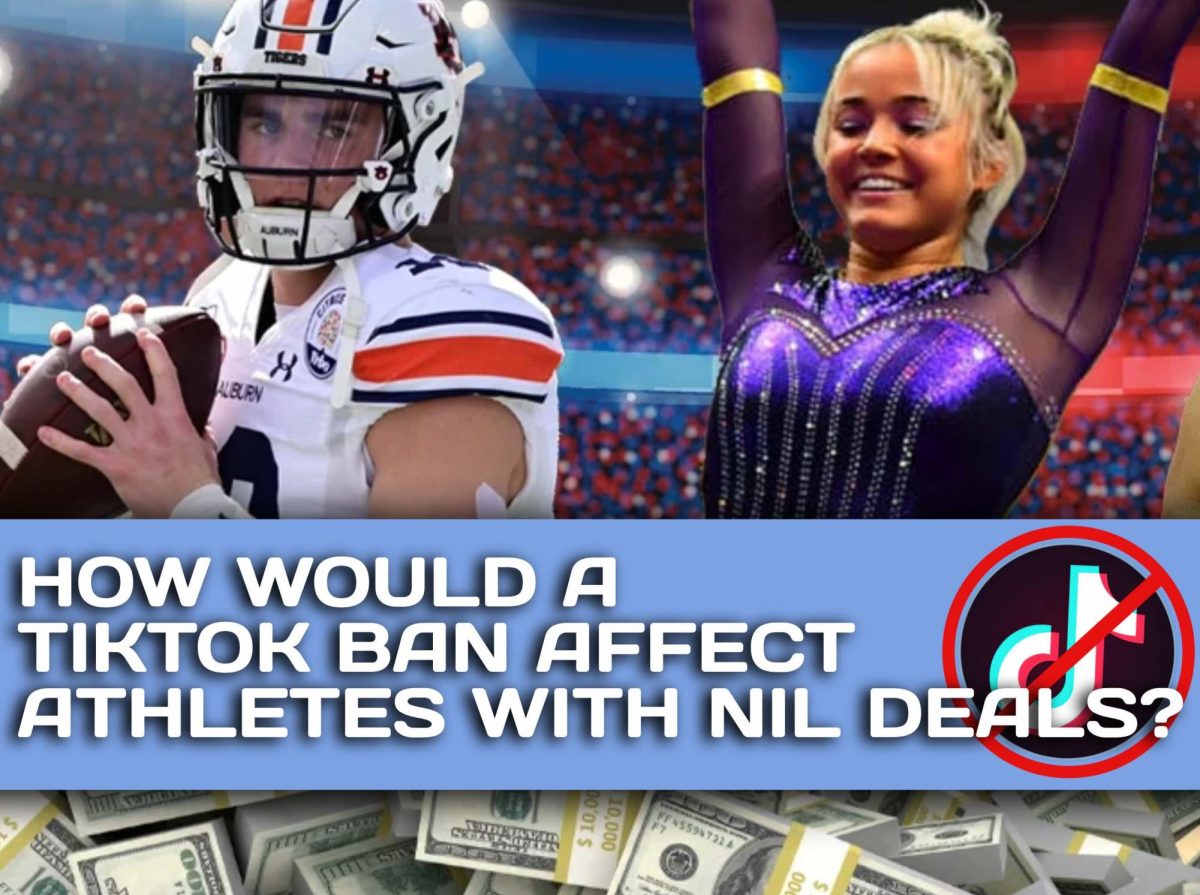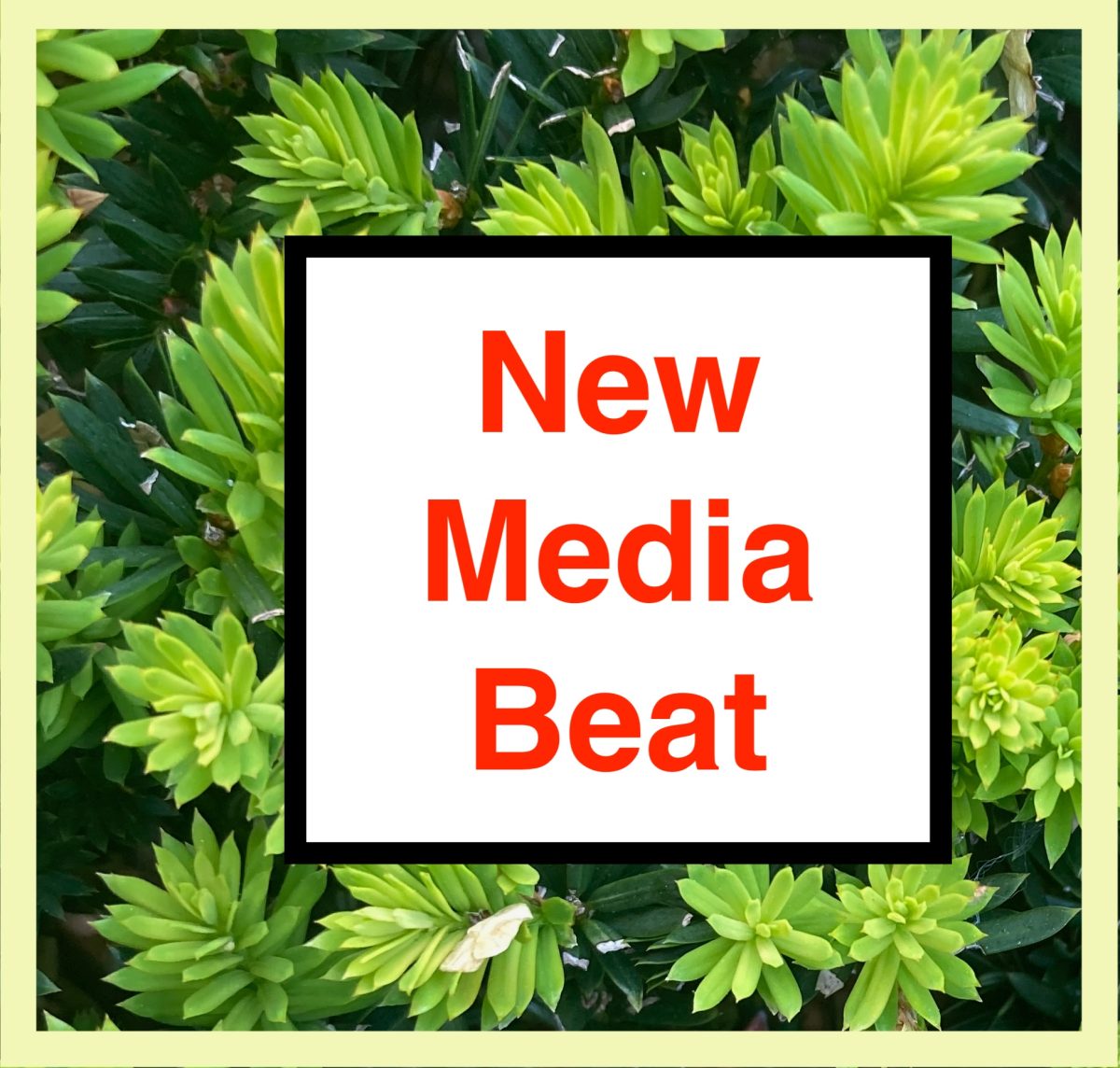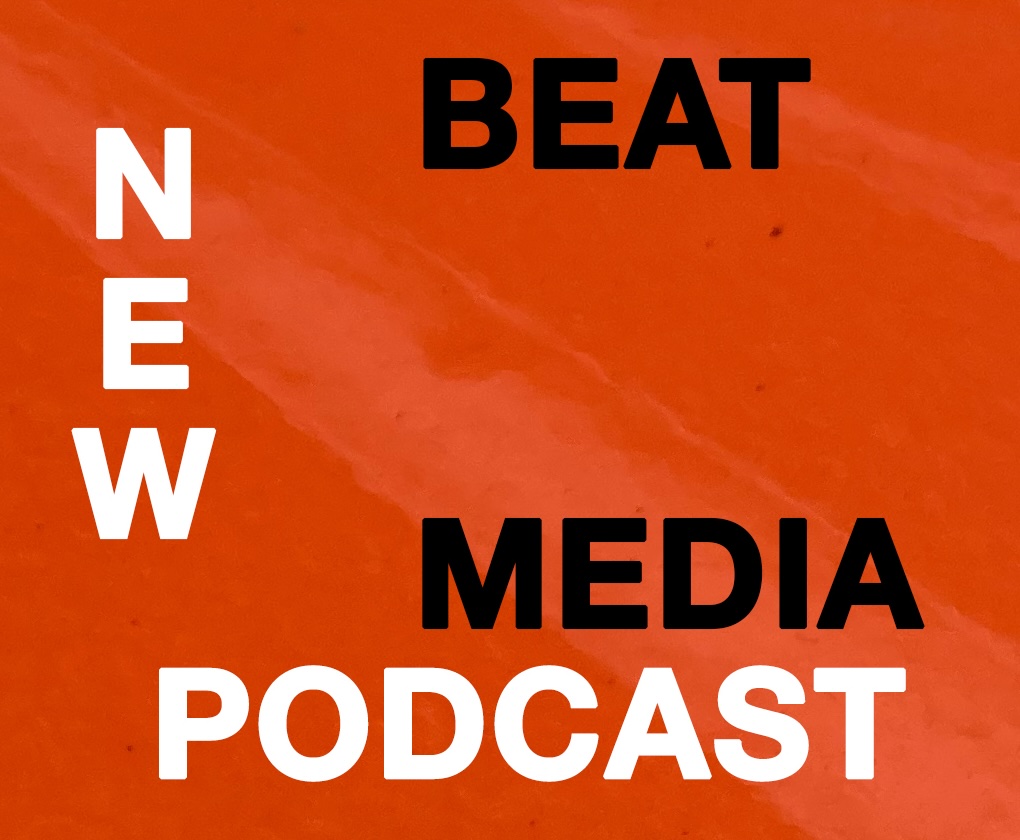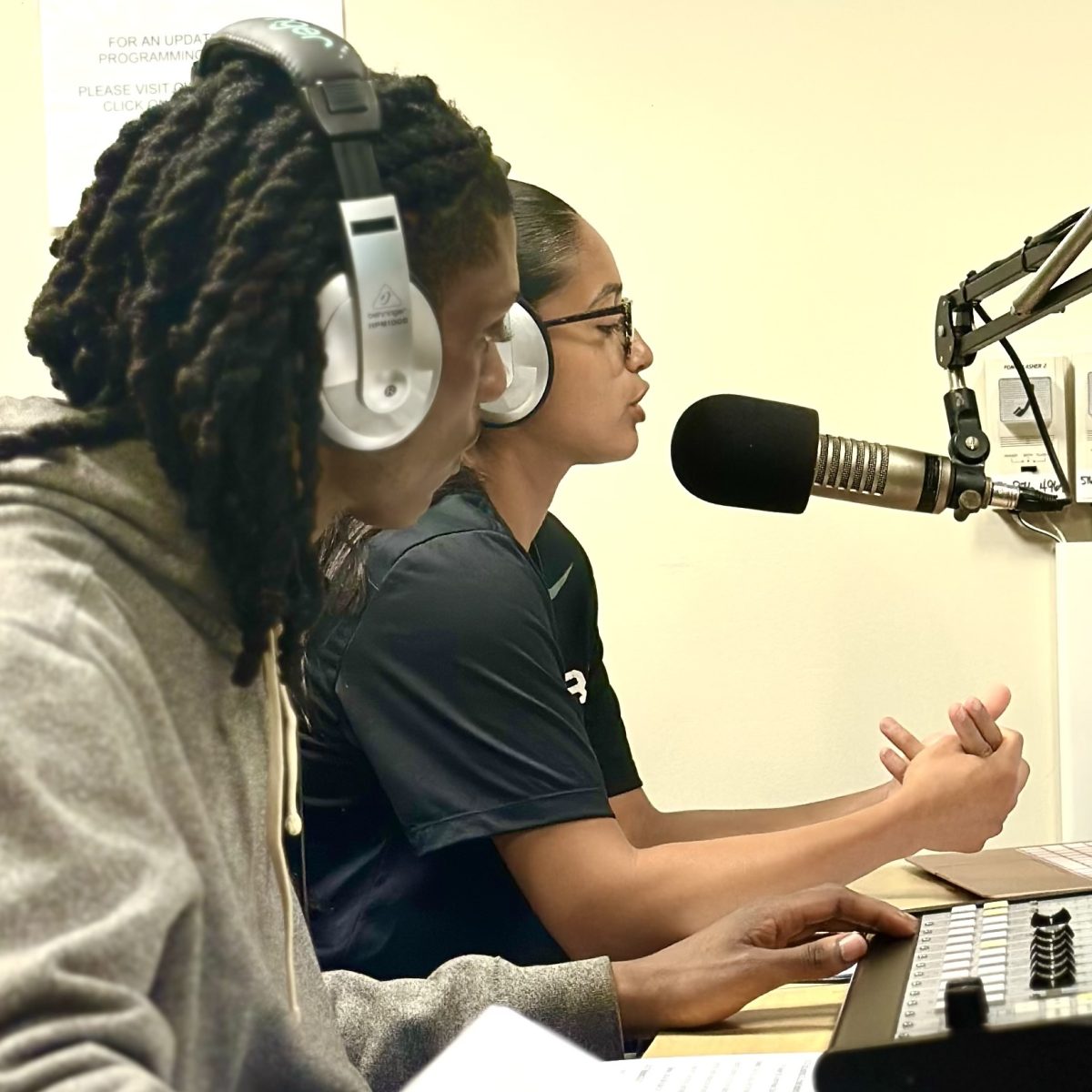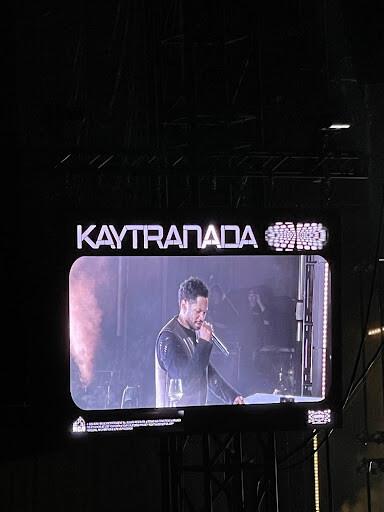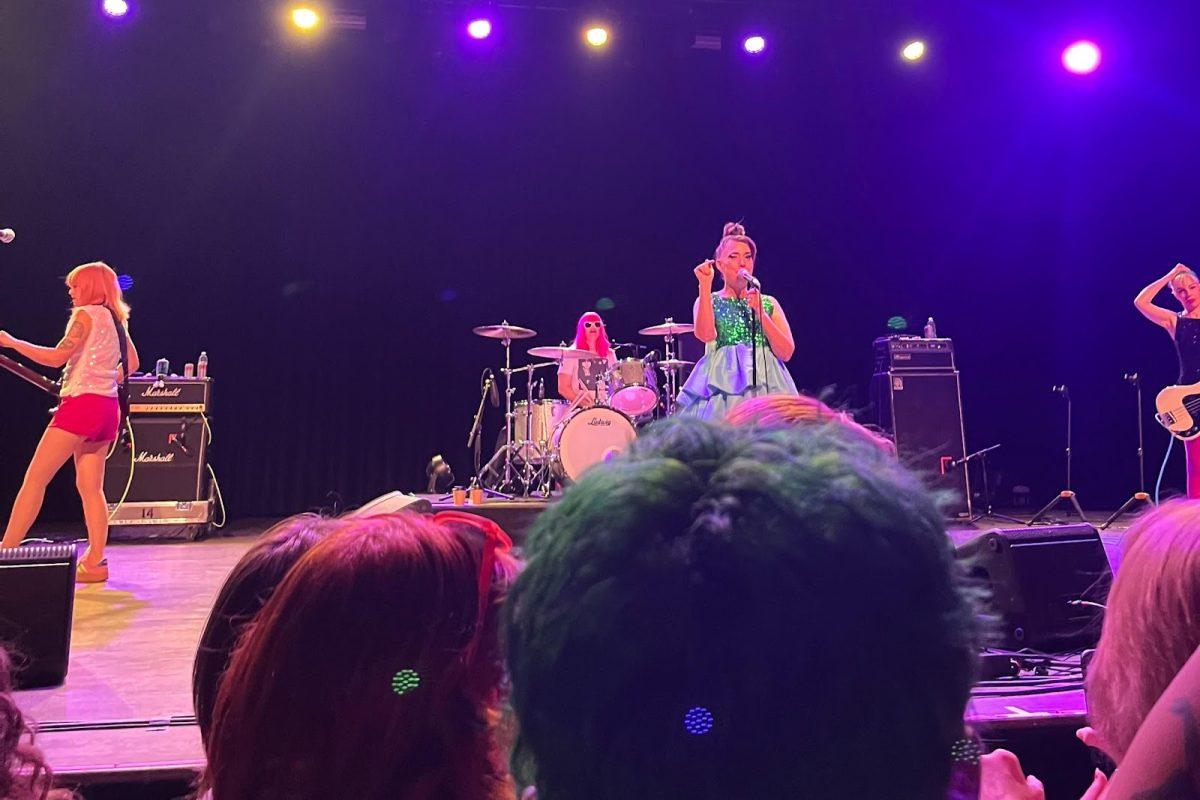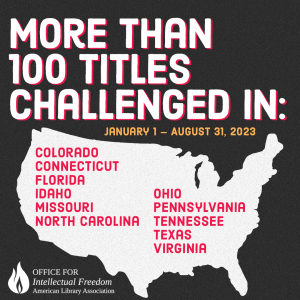
Book bans are not a new thing, but the fight to ban books and censorship has increased dramatically in the past 2 years. This year, in 2023, book bans are up by 38%, according to the American Library Association’s Office for Intellectual Freedom (ALA OIF). They reported that this year, 3,923 books have been challenged as inappropriate. When books are challenged, they can be “retained, restricted, or revoked at a school or public library.”
The books that are deemed inappropriate were mostly “written by or about a person of color or a member of the LGBTQIA+ community,” which was on the ALA’s preliminary data report of this year’s challenges. The challenged books include content that are being deeming as violent, pornographic, and sexually explicit content. This includes topics regarding race, gender identity, sexual orientation, and sexual education.
Some states have involved their government and have been implementing laws that allow this to happen. One example is the state of Florida’s House Bill 1557, also known as the “Don’t Say Gay” bill. It is a long list of prohibitions in schools. To mention a few, it gives parental rights “to make decisions regarding the upbringing and control of their children in a specified manner.” The bill also forbids “classroom discussion about sexual orientation or gender identity in certain grade levels or in a specified manner.”
While parents have the right to be concerned about what their children are being exposed to and learning in the classroom, especially the younger ones, they do not realize how this can affect children who may be experiencing similar things that they can read about in books. The censorship of others’ experiences in books is prohibiting children from knowing experiences outside of their own or experiences that are like their own lives.
Some books that are being challenged are The Bluest Eye and Beloved by Toni Morrison, and Charlotte’s Web by E.B. White. These challenges and bans vary from state to state, and even vary in school districts, as well. Taking away these books or censoring them takes away from their education.
School districts, public libraries, and bookstores are the targets of these conservative groups like “Moms For Liberty,” whose mission statement is “dedicated to fighting for the survival of America by unifying, educating and empowering parents to defend their parental rights at all levels of government.” Some people argue that book banning is against the First Amendment (the freedom of speech) while others are saying it is their right as parents, like in the case of “Moms for Liberty,” to fight for what content they do or don’t want their children to read.
One article from WSUF mentions how a local chapter in Florida is hard at work on their book challenges, saying, “[they have] put out a list of more than a dozen other books in the school district it says needs to be scrapped. That list includes novels such as ‘Water for Elephants,’ and ‘All Boys Aren’t Blue.’” This attack seems to grow, and it will not get any better since these conservative groups are being so loud about it. In response to the book ban, the Brooklyn Public Library has made its catalog available to all children in the country to provide these books to kids who want to read them. While the internet is a place where everything can be found, for children to have books taken away from them implies that something is not right with the book. That thinking might lead the child to wonder if something about them is not right.

